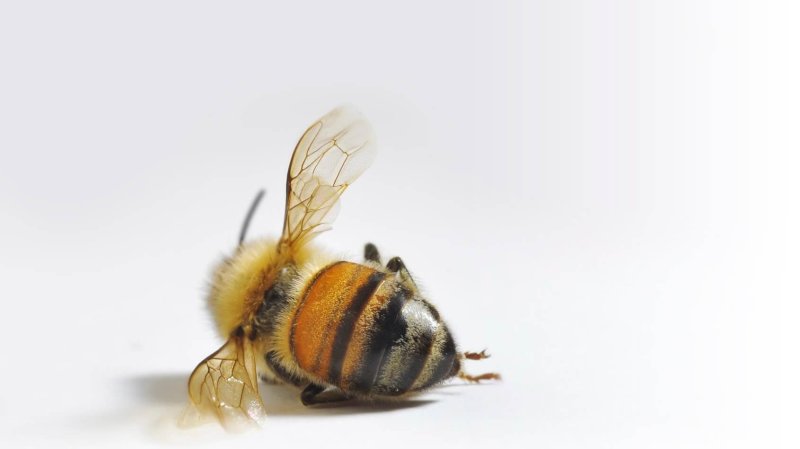As few as five years ago, [biochemist Jennifer Doudna] was, by her own admission, working head-down in an ivory tower, with no plans of milking practical applications from her discoveries, and little engagement with the broader social impact of her work.
But CRISPR forcefully yanked Doudna out of that closeted environment, and dumped her into the midst of intense ethical debates about whether it’s ever okay to change the DNA of human embryos, whether eradicating mosquitoes is a good idea, and whether “fixing” the genes behind inherited diseases is a blow to disabled communities. Now, she’s a spokesperson for a field, and an influencer of policy.
…
All of this work consumes up to half of her time, taking her away from her lab of 25 people. “I find myself really struggling to maintain that balance,” she says. “But those are the cards I’ve been dealt and I feel an obligation to being involved in [the debates around CRISPR]. There aren’t that many people who know the technology deeply and willing to talk publicly about the societal and ethical issues. I have many science colleagues who don’t want to get involved. Yet it has to be done.”
The GLP aggregated and excerpted this blog/article to reflect the diversity of news, opinion, and analysis. Read full, original post: How CRISPR Yanked Jennifer Doudna Out of the Ivory Tower































